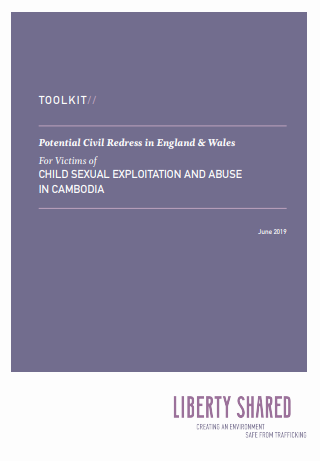Challenges in regulating the stay of foreign victims of human trafficking
GuidancePolicy brief “Challenges in regulating the stay of foreign victims of human trafficking” was created within the second phase of the research conducted by ASTRA within the REST: Residence Permit project as a way of improving the protection o...Read More

